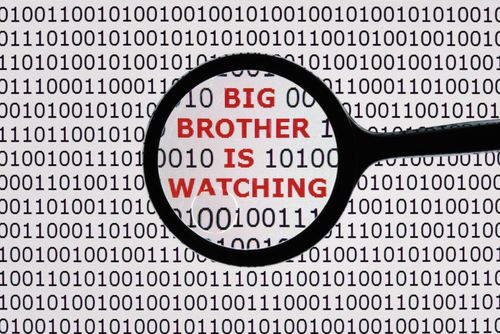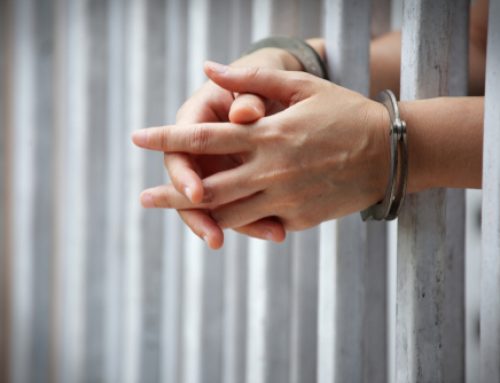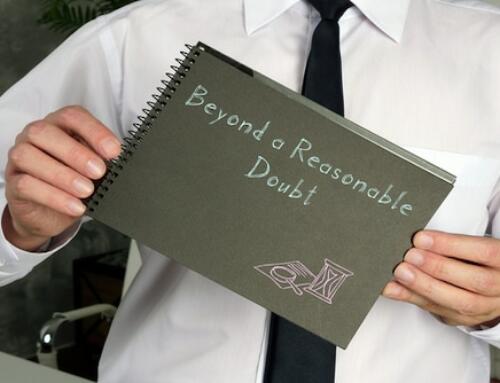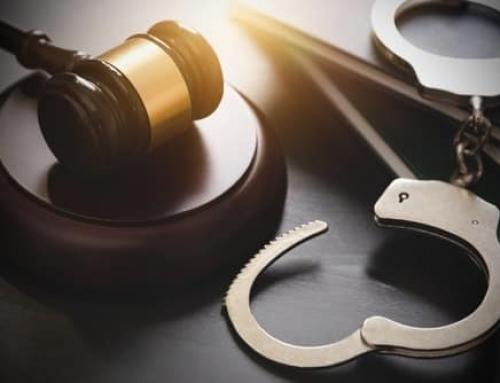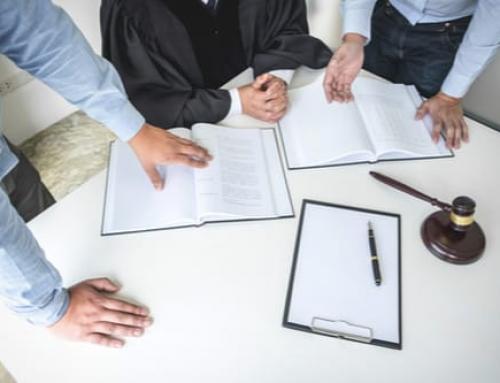The judge said, “Son, what is your alibi?…If you were somewhere else, then you won’t have to die.” Classic lyrics from Johnny Cash’s Long Black Veil. Technology has greatly effected criminal law and the investigation of crimes. Law enforcement is more and more using video surveillance cameras, cell phone locations, text messages and recorded prison phone conversations to try and solve crimes or gather additional evidence against defendants. State troopers in Pennsylvania are required by law to have operating cameras on the front dashboard of all their cruisers to video record car stops. And, what about those red light cameras in Philadelphia which end in you getting a ticket in the mail showing three pictures of your car running a red light.
Big Brother is Watching You
Philadelphia police recently arrested Jason Smith in the strangling and burning murder of Dr. Melissa Ketunuti, a pediatrician at CHOP. The police relied heavily on video surveillance cameras around the doctor’s house to observe Smith following her into her house, leaving sometime later and circling her home thereafter. Whatever the outcome, this evidence is obviously pretty damaging to Mr. Smith.
Cameras are everywhere now, catching your every move, innocent or not. Businesses, schools, homes, the City of Philadelphia, SEPTA buses, trains and trolleys have cameras that end up catching many crimes, including gunpoint robberies, assaults, shootings, drug dealing and DUI. When there is a violent crime on the streets, diligent police officers now scourer the immediate area for any surveillance cameras that may have caught the crime on tape. And, it’s tough for a criminal lawyer to cross-exam a movie that shows their client committing the robbery with a firearm in his hand.
Your Smartphone Tracks Your Every Move
Additionally, if you walk around with a smartphone in your pocket, which almost all of us do, your every move is essentially tracked as your phone is constantly “pinging” or hitting the closest cell tower. Therefore, if you are suspected of a crime and police obtain your cell phone number, they can oftentimes place you at or near a crime scene using the circumstantial evidence that your phone hit off a nearby cell tower around the time of the crime. This can obviously be strong evidence for the prosecution.
“This Prison Call is Being Recorded”
If you heard the above words before you began a telephone conversation, would you start talking about a crime you committed? Would you tell others to threaten or pay the witnesses against you not to come to court? Of course not. But, you’d be amazed at how often it happens. When a criminal defendant is locked up, he can’t help but talk to loved ones over the phone about his case. Even if denying his involvement, these phone calls are almost always damaging to the defense. And, they often lead to the defendant and others getting arrested for intimidation of a witness or retaliation against a witness and the Commonwealth getting jury instructions on a defendant’s consciousness of guilt. Why have friends or family go pay or threaten a witness not to come to court if you didn’t commit the crime so goes the prosecutor’s argument?
How Technology Can Help a Criminal Defendant
While all of this technology seems to favor law enforcement and the District Attorney’s Office, it can also be used to a defendant’s advantage to assert an affirmative defense, such as establish an alibi or prove self-defense or to destroy the credibility of key prosecution witnesses and even detectives.
1. Alibi Defense
If you truly did not commit and had nothing to do with the shooting, then you weren’t at the scene. So, where were you? And, is there a camera in the area where you were? It’s possible there was and a defendant’s best defense is early investigation. Businesses often tape over their camera feeds regularly and if you don’t act quickly, you could lose key evidence to prove a lock-solid alibi.
2. Credibility of a Witness
In the same case, Mr. Nenner presented another video from a hospital entrance showing the prosecution’s lead witness and cousin of the accused entering the hospital one minute before the shooting occurred twenty minutes away! This evidence not only destroyed the credibility of that witness but showed that the police had beaten the story that the accused was at the scene out of the cousin. So, with one video, the investigating detective’s credibility along with the Commonwealth’s star witness was shot. I recently represented a woman accused of domestic assault. The complainant didn’t report the incident right away and there was a legal battle over the ownership of a business behind the assault allegations. The alleged victim sent nasty text messages to my client and her family in the days after the alleged assault. I was able to use those texts to question the victim’s motives and her credibility and secure an acquittal for my client.
3. Self-Defense
When police arrive on the scene of an assault, such as one that occurs outside a Philadelphia bar, their victim often becomes the one with the most serious injuries. And, the other guy becomes their perpetrator. But, those same bars now have cameras showing the outside of the bar. If you’re attacked and retaliate by defending yourself and end up getting arrested for asault, that bar’s video surveillance system may hold the key to your liberty. But, you need to get it quick because the bar may have their taping system on a seven day loop. And once lost or tapped over, that video can never be retrieved.
CONCLUSION
If you or a loved one has been arrested for a crime, the hours and days immediately following your arrest are critical. It’s key that you secure legal counsel who will investigate the case immediately. A swift investigation is often the best defense. This requires the client’s assistance but also requires an attorney who will ask the right questions and act quickly to get the evidence you need to secure an acquittal. Don’t count on the Philadelphia police to simply tell the truth or do your homework for you.
If you have been arrested in Philadelphia or the surrounding counties, contact Philadelphia criminal defense attorney Brian Fishman, who will immediately begin to investigate your case and leave no stone unturned in an effort to win your case.

